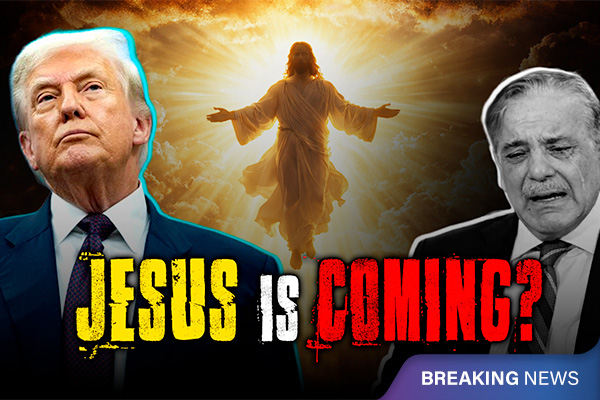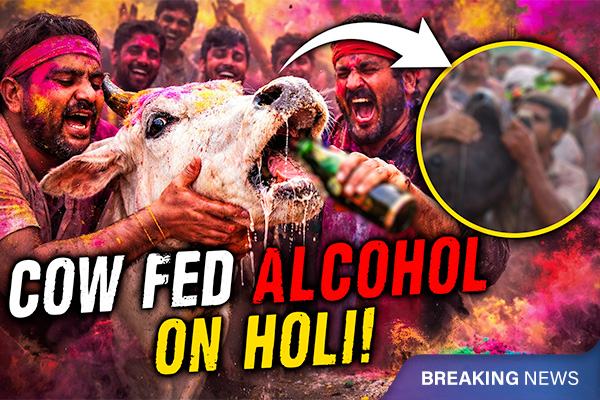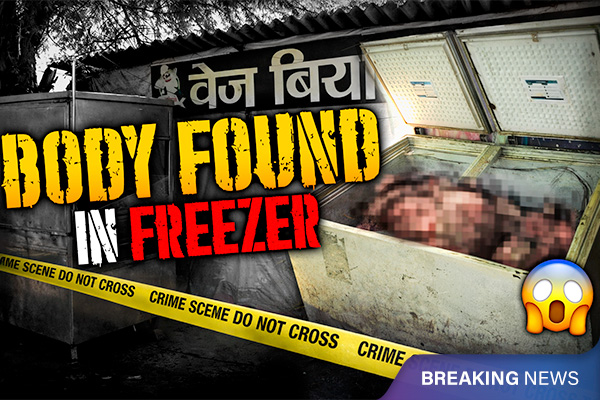South Africa: Namibia to Kill Elephants Amid Severe Drought
South Africa’s Namibia is planning to kill more than 700 majestic wild animals including Elephants and Hippos to ensure meat supply amid one of the worst draughts of the century. Watch this video to l
Namibia, officially called the Republic of Namibia, is a country in southwestern Africa located between the Namib and Kalahari deserts. It is the driest country in South Africa, known for receiving very little rainfall.
Droughts are common in Namibia, especially between 2015 and 2021. The country even declared national emergencies due to severe droughts in 2013, 2016, and 2019. But now, Namibia is experiencing one of the worst droughts in history, which is much more severe and widespread than before.
According to reports, Namibia has seen extremely hot and dry weather this year, with less than half the usual rainfall. This drought has destroyed the country’s crops and killed livestock. Between July and September 2024, Namibia has used up 84% of its food reserves, leading to a serious food shortage.
The situation has caused a sharp rise in severe malnutrition among children under 5 years old, and more deaths due to hunger have been reported since July 2024. Juliane Zeidler, Country Director of the World Wildlife Fund in Namibia, said, "There is no food for people, and there is no food for animals."
The U.N. World Food Program reported that over 30 million people in the region have been affected by this drought for over three months.
To address the food crisis, Namibia has made the difficult decision to kill 723 wild animals to provide meat to its people. The list of animals includes 83 elephants, 300 zebras, 30 hippos, 50 impalas, 60 buffaloes, 100 blue wildebeests, and 100 elands. So far, 150 animals have already been killed, producing 63 tonnes of meat.
Namibia’s Ministry of Environment, Forestry, and Tourism said the plan is “necessary” and is in line with the country's constitutional responsibility to use natural resources for the benefit of its citizens.
The United Nations Environment Programme’s Africa Office Director, Rose Mwebaza, supported the plan, stating that "well-managed, sustainable harvesting of healthy wild animal populations can be a valuable source of food for communities."
Apart from the food shortage, the drought has also increased dangerous encounters between humans and wild animals as they compete for limited food and water sources.
Killing wild animals for food is not uncommon in South Africa, with zebras, blue wildebeests, and impalas being regularly hunted. However, the killing of majestic animals like elephants and hippos for meat is surprising, even in this region.







